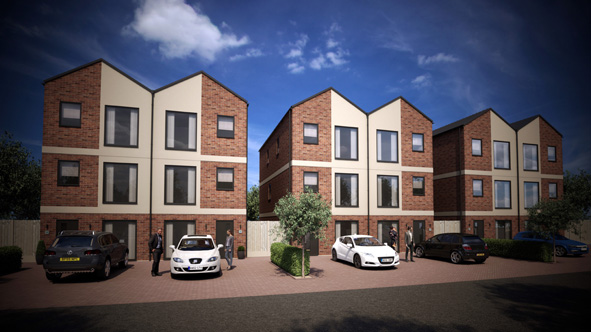Attention all HA’S and Councils

Nick Gander and Rod Davies of Energy Carbon tackle some common concerns when preparing low-income housing ready for the future.
We live in a rapidly changing world with exciting changes in the UK impacting what we are able to supply for low-income families for their new homes.
The home needs to be ‘green’ and have low embodied carbon. It needs to have zero energy bills and should have little to no ongoing maintenance costs. It must also meet all the government’s targets for 2050, and beyond. But what does this all actually mean?
- Read more about Attention all HA’S and Councils
- Log in to post comments



















